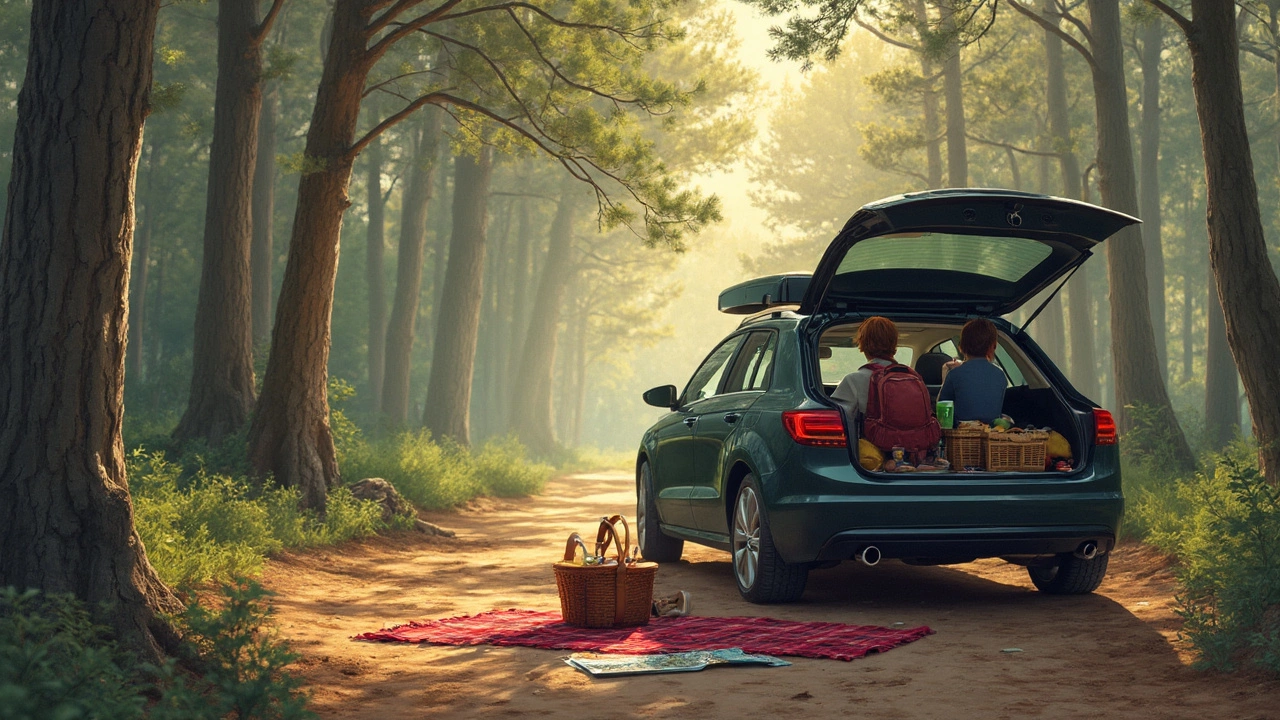Overnight Parking Tips for Motorhome Travelers
If you’re cruising around the UK in a motorhome, you’ll soon learn that finding a place to sleep isn’t just about comfort – it’s about staying legal and safe. This guide walks you through the most common overnight parking spots, what rules apply, and how to avoid nasty fines or unsafe situations.
Where You Can Park Overnight
First up, the obvious options. Most dedicated motorhome sites and caravan parks offer powered pitches, showers and waste disposal. They’re pricier than a free spot, but the peace of mind is worth it, especially if you’re traveling with kids or pets.
For budget‑savvy travelers, service stations are a goldmine. Many big chains allow motorhomes to stay for a few hours after closing, and some even have designated overnight bays with 24‑hour lighting. Just check the signage – if it says “overnight stay restricted,” move on.
Retail park car parks (think large supermarkets or DIY stores) often have wide lanes and can accommodate a motorhome for a night. Most retailers don’t mind as long as you’re not blocking traffic or causing a mess. A quick courtesy call to the store manager can save you a lot of hassle.
In rural areas, farm parking can be a hidden gem. Many farms are happy to let you park overnight for a small donation. Look for a “Farm Stay” sign or ask the farmer directly. Just remember to keep noise down and leave the area clean.
If you love the freedom of wild camping, the Scottish Outdoor Access Code permits overnight stays on most unenclosed land, provided you follow the “Leave No Trace” principle. In England and Wales, it’s trickier – you’ll need landowner permission or stick to designated spots.
Staying Safe and Legal
Legal compliance starts with reading the signs. A common mistake is assuming a “no parking” sign only applies to cars. It usually covers all vehicles, including motorhomes. When in doubt, pull over and check the local council website or use an app like Park4Night that flags legal spots.
Safety wise, pick a spot with good lighting and easy access for emergency services. Avoid narrow lanes where doors can hit passing cars. If you’re on a public road, park opposite the flow of traffic – this makes it easier for you to pull out when you’re ready to move.
Don’t forget waste management. Most motorhomes have a built‑in waste tank, and many service stations provide a hookup for emptying it. Dumping waste on public land is both illegal and gross – it can lead to hefty fines.
Security is another factor. Choose places with CCTV or a staffed reception if you can. If you’re parking in an isolated area, lock all doors, use a steering wheel lock, and keep valuables out of sight. A simple checklist before you settle in can save a lot of trouble later.
Finally, respect the community. Keep noise below midnight, turn off the engine when you’re parked, and clean up any litter. A friendly attitude often earns you a repeat invitation from the same landowner or store.
With these tips in hand, you’ll spend less time hunting for a spot and more time enjoying the road. Happy travels, and sleep soundly wherever you park tonight!
Can I Sleep in My Car Overnight in Florida? What to Know for Forest Campsites
Ever thought about catching some sleep in your car while exploring Florida’s forests? Rules in Florida are a mix of state laws and specific campsite rules. Some places let you park overnight in the woods, but not every spot is fair game. This article covers where you can legally rest, how to avoid extra trouble, and tips for safe, comfortable car camping at forest campsites. If you’re hoping for a hassle-free night, you’ll want to know the details before you park.
